In today's world, the need for efficient traffic management has become increasingly apparent. As urban areas continue to grow and the number of vehicles on the road increases, effective traffic management has become a critical component for ensuring smooth flow of traffic, safety, and reduced congestion. The pursuit of making traffic management more efficient is a global objective, and the English phrase "traffic management more efficient" encapsulates this goal.
Modern traffic management systems are being equipped with advanced technologies that are transforming the way we manage roadways. The integration of intelligent transportation systems (ITS) is playing a pivotal role in enhancing traffic management efficiency. These systems utilize data analytics, artificial intelligence, and machine learning to optimize traffic flow, improve safety, and reduce congestion.
One of the key areas where efficiency is being enhanced is at intersections and signalized roads. Smart traffic signals and sensors are being installed at key locations to monitor traffic flow in real-time. These sensors provide data on traffic density, vehicle speed, and other vital parameters, which are then used by the traffic management system to adjust signal timings dynamically. This helps in optimizing traffic flow and reducing unnecessary delays.
Moreover, the use of connected vehicles and intelligent transportation apps is also contributing to more efficient traffic management. These apps provide real-time traffic updates, alternate route suggestions, and other relevant information to drivers, enabling them to make informed decisions and avoid congestion-prone areas.
Another aspect that is being improved is the integration of multi-modal transportation systems. This involves coordinating different modes of transportation such as roads, railways, waterways, and air transport to ensure seamless movement of people and goods. By optimizing the use of different modes of transportation, traffic congestion on major roadways can be reduced, leading to more efficient traffic management.
To achieve these goals, collaboration between government agencies, private companies, and the public is crucial. Governments need to invest in infrastructure and provide necessary support for the implementation of smart traffic management systems. Private companies are developing innovative technologies and solutions that are helping in enhancing traffic management efficiency. And the public needs to be educated and aware of the importance of following traffic rules and using transportation facilities efficiently.
In conclusion, making traffic management more efficient is a complex task that requires a combination of advanced technologies, infrastructure investments, and public cooperation. The English phrase "traffic management more efficient" encapsulates this global objective, and with continued efforts and advancements in technology, we can achieve this goal and ensure smooth flow of traffic, improved safety, and reduced congestion in urban areas.
转载请注明来自稻田网络,本文标题:《优化交通管理效率,提升城市流动能力》

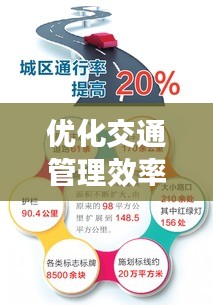
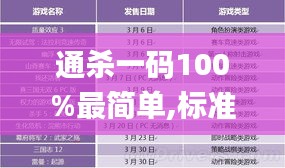
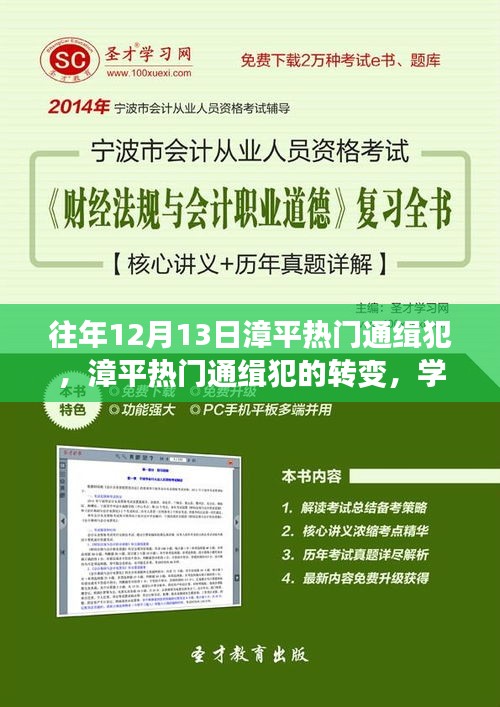

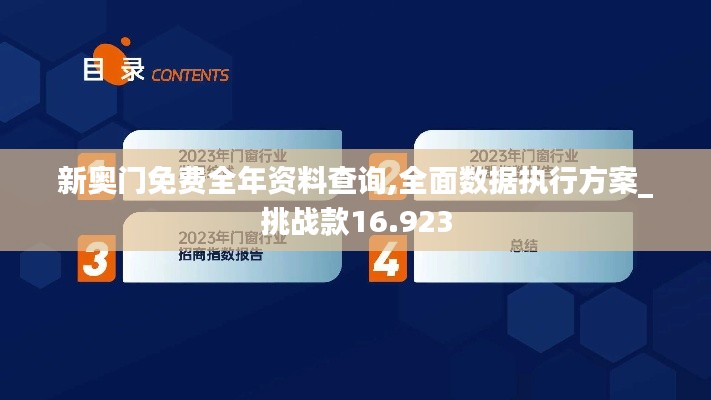
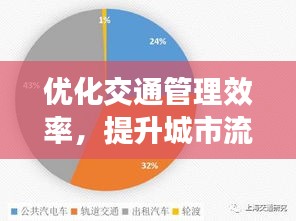







 蜀ICP备2022005971号-1
蜀ICP备2022005971号-1
还没有评论,来说两句吧...